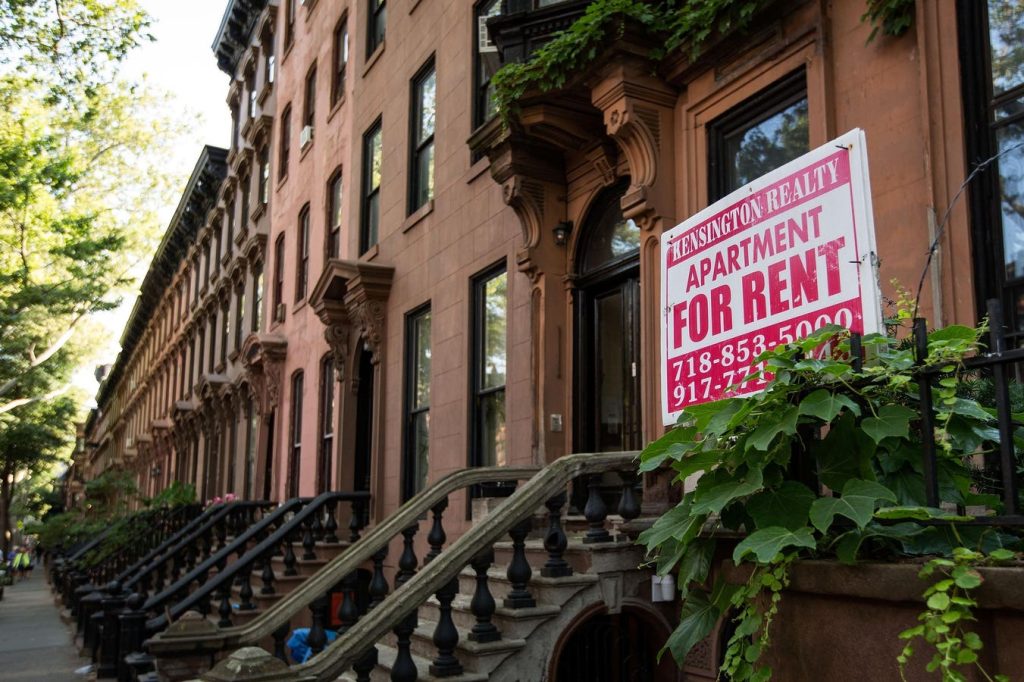The 2024 Zumper Annual Rent Report paints a stark picture of the financial strain faced by renters across the United States. The report highlights a significant disparity between income and rent, with renters spending an average of 42% of their pre-tax income on housing in 2024, a substantial increase from 35% in 2021. This alarming trend underscores a growing affordability crisis in the rental market, where a majority of renters believe rent should ideally be capped at 30% of income. The widening gap between income and rent has created a national rent burden, a phenomenon not witnessed in over two decades.
This financial strain is further exacerbated by the rising costs of living, particularly housing. The Consumer Price Index (CPI) for primary residence rent has consistently outpaced the growth of median household income, indicating that housing costs are consuming a larger portion of household budgets. This trend is especially pronounced for households below the median income level, where real income growth struggles to keep pace with escalating rent prices. The result is a punishing struggle to make ends meet for a significant portion of the population.
Moody’s, a leading financial risk analysis firm, attributes the surge in rent prices to a combination of factors, including rising mortgage rates and increased housing prices. These factors have priced many individuals and households out of the home-buying market, forcing them to remain in the rental market and face escalating rent costs. The resulting surge in apartment demand has further driven up rental rates, creating a vicious cycle of affordability challenges. This has also locked a large number of potential buyers out of the chance to build equity and avoid the predictable year-over-year rent increases. As the gap between rent growth and income growth expands, financial distress becomes a widespread reality for many Americans.
Despite the significant financial burden imposed by high rent costs, a surprising number of renters express satisfaction with their current rental situation. According to the Zumper report, 50% of renters feel they have a good deal on their rent, despite the fact that the average renter spends 42% of their income on housing. This seemingly paradoxical finding might be attributed to various factors, including the perceived lack of affordable alternatives and the limited bargaining power of renters in a tight housing market.
While there is a slight increase in the number of renters who express confidence in the economy compared to the previous year, the overwhelming majority remain pessimistic. The Zumper report reveals that 82% of renters do not feel good about the economy, and 67% believe the nation is in a recession. This pervasive economic anxiety is understandable given the financial strain faced by many renters, who struggle to cover basic living expenses due to the high cost of housing. It is hardly surprising when such a large portion of the population labors under the weight of housing expenses.
It is important to note that the Zumper survey, conducted among 7,205 renters across all 50 states and Washington, D.C., utilized a self-selecting audience of Zumper and PadMapper users and their networks. This sampling methodology raises concerns about the representativeness of the findings and their generalizability to the broader U.S. population. Nevertheless, the survey provides valuable insights into the experiences and perceptions of a significant segment of the renter population, highlighting the urgent need to address the affordability crisis in the rental market. The findings, while potentially skewed, are far from encouraging. Though more work needs to be done to more accurately gauge and define the housing market through statistical analysis.

